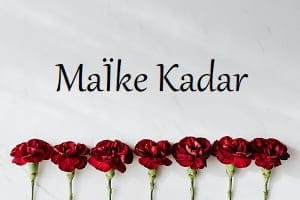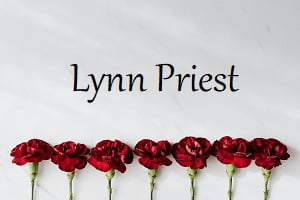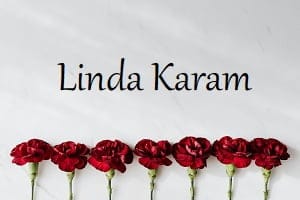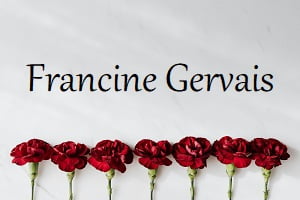We are the West Island Dragons
A breast cancer survivor dragon boat racing team based on Montreal's west island, in Quebec, Canada
About Us
What is Dragon Boating?
A breast cancer survivor dragon boat racing crew consists of 20 paddlers, one steer person, and one drummer. The racing crew of paddlers is seated in ten rows of two, the steer stands at the back and navigates the boat, while the drummer beats the drum to communicate with paddlers the stroke, from the catch, to the pull, right through to the exit.
Synchronized, strong, and efficient paddling is key to winning a race!
OUR MISSION
The West Island Dragons, a dragon boat racing team, paddle together in celebration of life to demonstrate that there can be healthy, active living after breast cancer.
We believe that physical exercise, participation in sports, and healthy outdoor activities enhances the quality of life. The sport of dragon boat racing gives us the visibility to share our philosophy, hope and joy with others.
OUR HISTORY
The West Island Dragons represent many cities on the West Island of Montreal like from Pointe-Claire, Pierrefonds, Saint-Lazarre, Ile Bizard, DDO, Pincourt, Beaconsfield, and Kirkland.
We were founded in 2003 by a group of tenacious women. All connected by a common thread, each one was a breast cancer survivor, they were determined to regain strength, vitality and purpose following a diagnosis and treatment for breast cancer.
BC SURVIVOR DRAGON BOATING
In 1996, Dr. Don McKenzie, a professor and researcher around breast cancer and exercise, challenged medical thinking that woman with breast cancer should avoid rigourous upper body exercise to prevent lymphedema.
After three months of training a group of 24 breast cancer survivors in the sport of dragon boating, he visibly proved that repetitive, intense, upper body exercise in breast cancer survivors would not cause lymphedema.
Furthermore, being able to share their journey with other breast cancer survivors led to a camaraderie like no other. Ultimately, these woman reported being happier, fitter, and healthier.
And so the movement began! Survivor teams started forming across Canada since 1997, and then expanded across the world!


THE CARNATION CEREMONY
This ceremony is an important tradition that takes place at the end of breast cancer survivor dragon boat races.
After the last breast cancer race, boats join together, and each paddler receives a carnation. We float in a place on the water. When the ceremony begins, commemorative music plays in the background.
We take a moment of silence to remember and honour those who have lost their battle with breast cancer, those who are currently fighting the disease, and those who are in remission.
After a short time, we throw our carnations into the water. This signals the end of the ceremony, and everyone cheers, claps, and sometimes wipe tears away. In this moment we are reminded that we are not alone in the fight against breast cancer.
THE CARNATION CEREMONY
This ceremony is an important tradition that takes place at the end of breast cancer survivor dragon boat races.
After the last breast cancer race, boats join together, and each paddler receives a carnation. We float in a place on the water. When the ceremony begins, commemorative music plays in the background.
We take a moment of silence to remember and honour those who have lost their battle with breast cancer, those who are currently fighting the disease, and those who are in remission.
After a short time, we throw our carnations into the water. This signals the end of the ceremony, and everyone cheers, claps, and sometimes wipe tears away. In this moment we are reminded that we are not alone in the fight against breast cancer.
BC SURVIVOR DRAGON BOATING
In 1996, Dr. Don McKenzie, a professor and researcher around breast cancer and exercise, challenged medical thinking that woman with breast cancer should avoid rigourous upper body exercise to prevent lymphedema.
After three months of training a group of 24 breast cancer survivors in the sport of dragon boating, he visibly proved that repetitive, intense, upper body exercise in breast cancer survivors would not cause lymphedema.
Furthermore, being able to share their journey with other breast cancer survivors led to a camaraderie like no other. Ultimately, these woman reported being happier, fitter, and healthier.
And so the movement began! Survivor teams started forming across Canada since 1997, and then expanded across the world!














